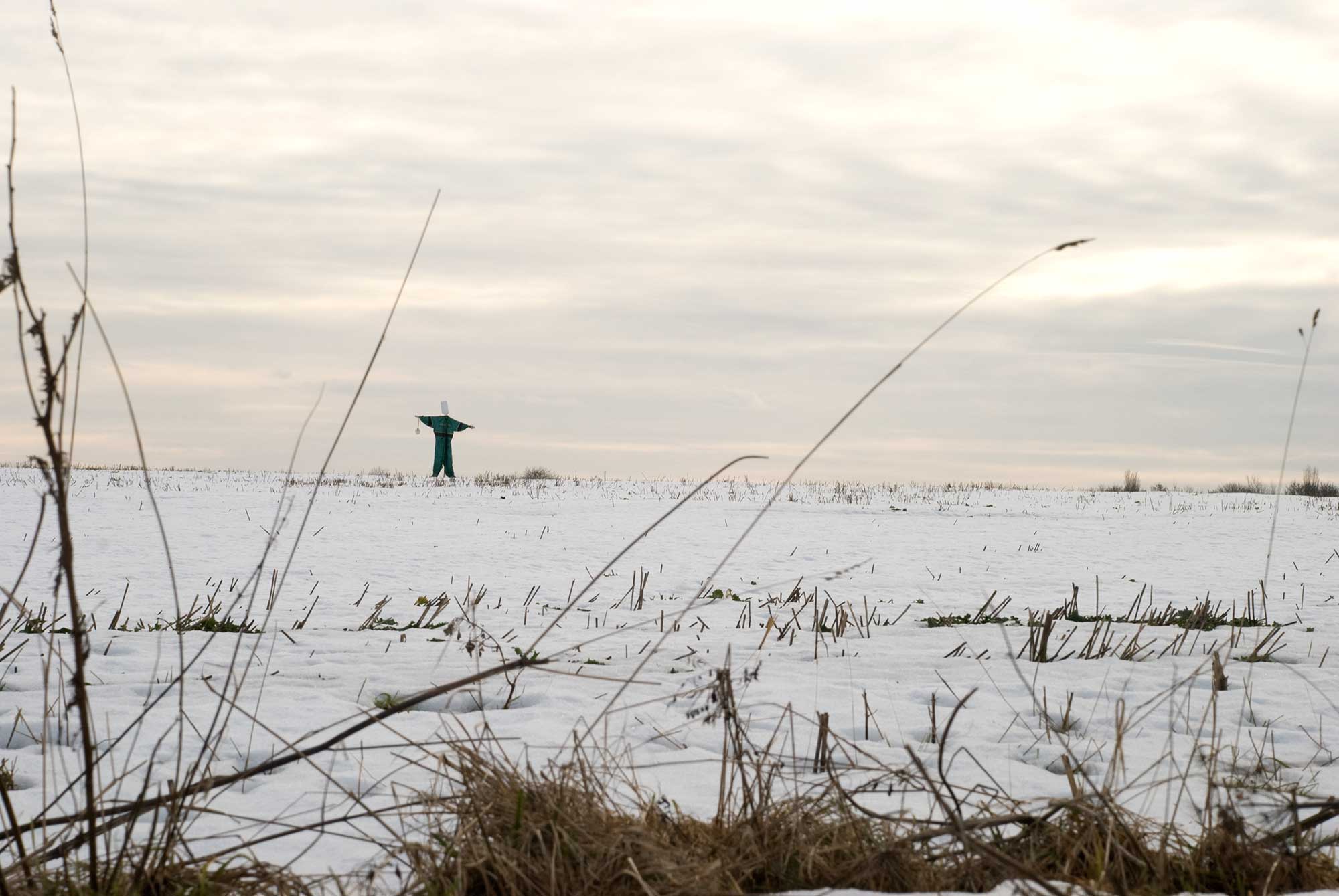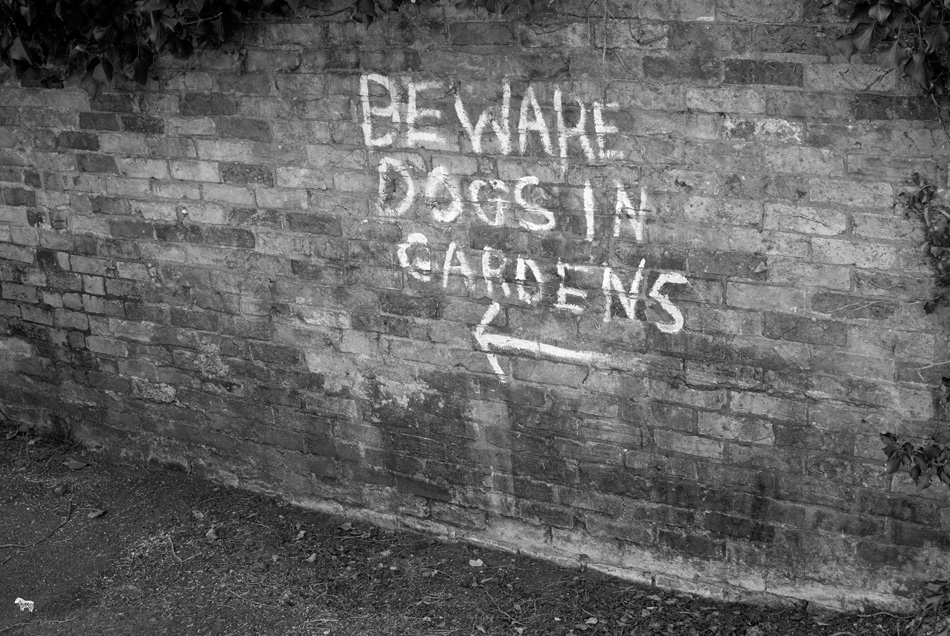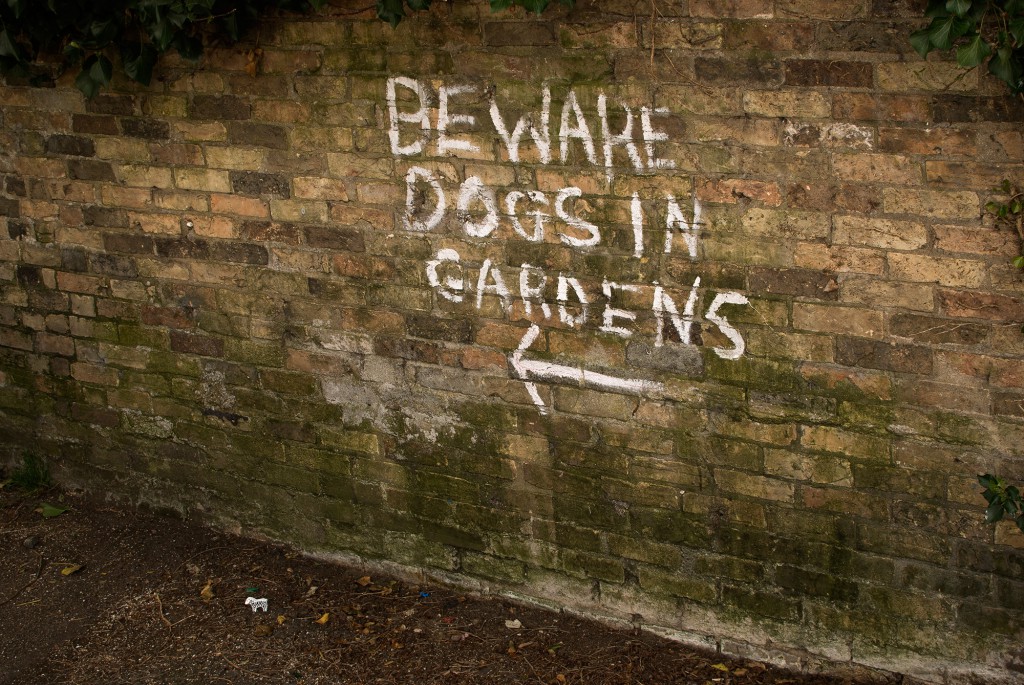A scarecrow frightening birds from a snowladen field in midwinter nicely sums up just how ‘surplus to requirements’ my poorly performing body can sometimes help me feel. At the same time the image reminds me the world keeps turning and what seems fixed and permanent now will eventually pass.
I figure this online presence allows me to share the stuff I’ve found makes my life a little better (see some of them here) in the hope that you will also share some of the approaches you are taking that have been making your life a little better. We could all try some of these things and by doing this we could make all our lives a little bit better.
I’m not making any huge claims. This is intentional. I, like everyone on earth have good days and bad days so I don’t want to set myself up for a fall (or fail for that matter) which would leave me with useless negative thought patterns shuffling through my head. I believe making life a little bit better can be well within all our grasps.
I’ve been away for a couple of weeks as my eyes have been playing up; making staring at screens awkward at best and the comprehension of words delightfully imprecise. I seem to have a jazz interpretation of predictive text going on between my eyes and brain.
I’ve been trying to work out whether this change in my vision is the fallout from a sugary christmas bringing on a New Year bloom of the opportunistic pathogen, candida albicans or simply recovery from a 24hr viral tummy bug that involved being sick a lot just before christmas.

I now wonder what the point is in wasting valuable brain processing power on a query whose answer won’t bring a different outcome. The question of whether a viral fallout or a refreshed candida overgrowth has given me a blurry eye is unlikely to bring any improvements (I’m already back to being on the sugarless wagon).
- Instead I’ve been going to bed early and sleeping deeply behind our blackout curtains. Our brains fix themselves best when we give them plenty of sleep.
- I’ve been keeping up doing superslow hand weight exercises to try and stave off sarcopenia (muscle wasting through age isn’t inevitable but through inactivity it pretty much is).
- The other thing I’ve been doing that helps me feel a little bit better is lying down for 20 minutes minimum with knees bent, feet flat on the ground and a book under my head. The vertebra in my spine seem to like having the chance to soread out (especially as I sleep on a slope (mentoned in the link list on the first line of the second paragraph of this post)
On the radio this morning was an interview with Dr Kate Granger who, after feeling dehumanised and no more than a bed number whilst in hospital started a twitter campaign to get consultants (the folk who mostly are no longer in white coats) to introduce themselves to patients under their care when on their rounds.
It’s the small things that can make life a little bit better. See a report into the benefits of compassion led patient care here.
I’ve touched on a number of things in this post which I’ll be returning to more fully in future. I guess I can sum up the content by saying getting lots of sleep and lying down have been helping me feel a little bit better recently.

